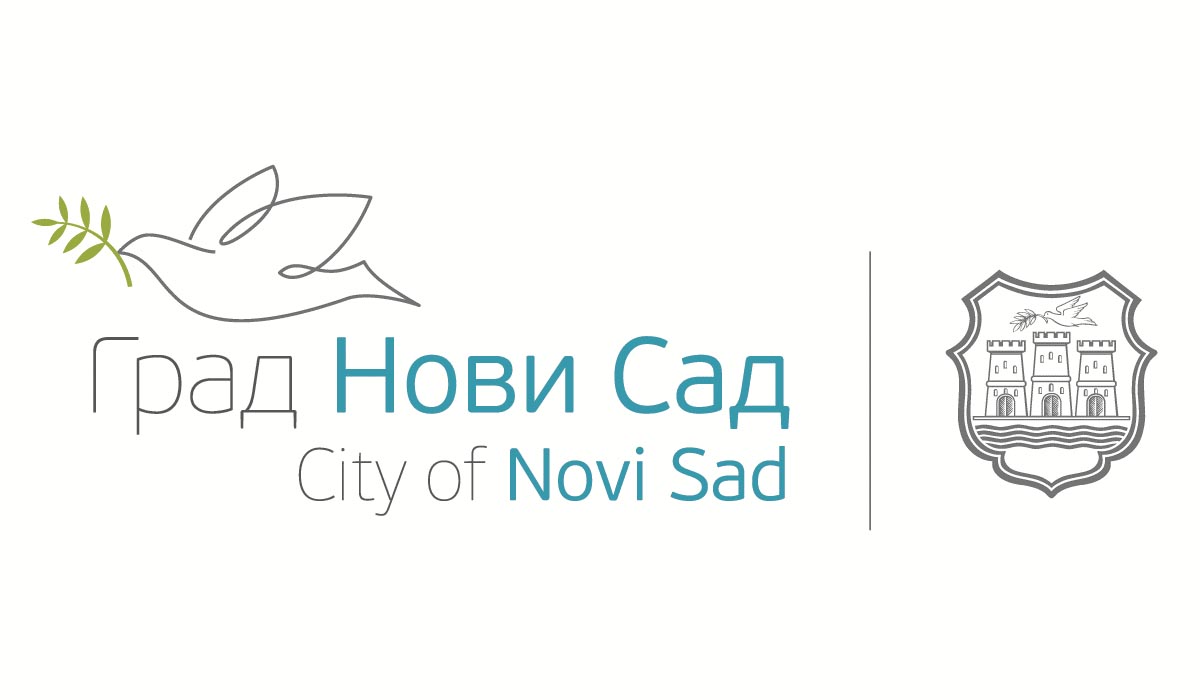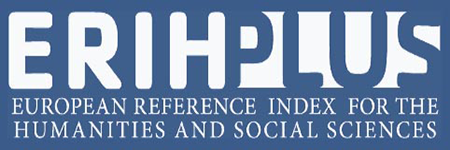POLITICAL CHALLANGE S OF SLOVAKS IN VOJVODINA CONCERNING THEIR IDENTITY 1919-1941
DOI:
https://doi.org/10.19090/i.2014.25.315-329Keywords:
Slovaks, politics, party, idea, identityAbstract
In the period from 1918 to 1941 political actions of Slovaks in Vojvodina, i.e. within the Kingdom of Yugoslavia, were at first filled with hope. Slovaks welcomed the idea of a south-Slavic state and even participated in their creation through their political representatives. Their most prominent representatives, such as Ljudevit Mičatek, Vladimir Mičatek, Janko Buljik, Igor Štefanik, were all Yugoslav patriots, but also their national community's patriots. Cultural and economical needs had crucial influence on the concept of Slovak political programme. Their party was the Slovak National Party, which was renamed to Slovak National Farmers' Party in 1927. Cooperation of this party with the leading citizens’ parties was directed by the ambition to optimally fulfil the interests of Slovak community. There were also personal animosities present among the leading Slovak representatives, which consequently influenced the political articulation. After the introduction of the Dictatorship in 1929 the activity of Slovak party ceased and was never renewed. In 1932 Slovaks formed the Slovakian Matica (Matica slovačka), whose president became Doctor Janko Buljik. Already at the end of the same year, he became politically active in relation to the signing of the Resolution of Novi Sad. His motives for this engagement were not a result of his supporting the separatism of the state, but the economical progress not only of Vojvodina but the entire country as well. Behind this patriotism of Slovaks in Vojvodina (the so called Lowland Slovaks), there were exceptional state relations between the Republic of Slovakia and the Kingdom of Yugoslavia in the time before the Second World War.Downloads
Download data is not yet available.
Downloads
Published
01. 06. 2016.
How to Cite
Марковић, С. (2016). POLITICAL CHALLANGE S OF SLOVAKS IN VOJVODINA CONCERNING THEIR IDENTITY 1919-1941. ISTRAŽIVANJA, Јournal of Historical Researches, (25), 315–329. https://doi.org/10.19090/i.2014.25.315-329
Issue
Section
Articles













